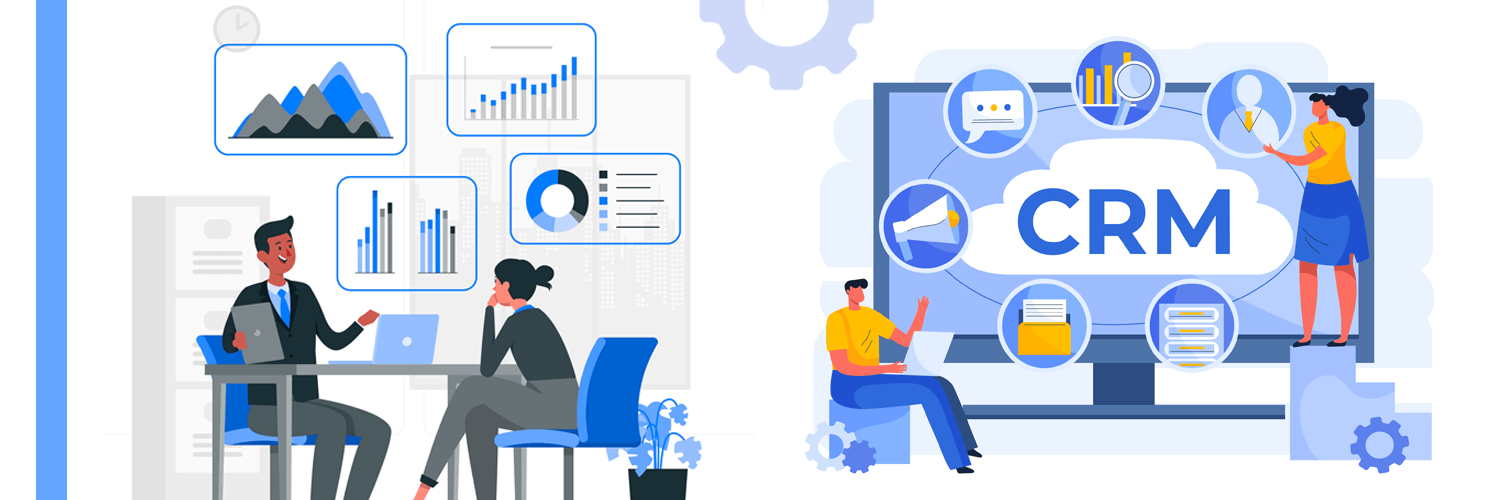- Solutions
-
- Products
-
By Business Need Assets Management CCTV Camera & Time Attendance CRM Hospital Bracelet and Patient ID Barcode Wristbands HR & Payroll Invoice Receipt Solution Low Voltage CCTV & Access Control Personal ID Access Control Phomello - Games & Amusement Project Management Queue System RFID Solutions Security Time Attendance By Industry Segment

Pegasus CRM stands for Customer Relationship Management It refers to a technology, strategy, or process that businesses use to manage interactions and relationships with current and potential customers. The primary goal of CRM is to improve customer satisfaction, loyalty, and retention by understanding customer needs and behaviors and providing personalized experiences.
CRM software typically offers a centralized database for storing customer information, including contact details, communication history, purchase history, preferences, and interactions across various channels such as email, phone calls, social media, and in-person meetings. This allows businesses to track and manage customer interactions more effectively and provide timely and relevant responses to inquiries and requests.
CRM software helps businesses streamline their customer-facing processes, improve collaboration among sales, marketing, and customer service teams, and gain deeper insights into customer behaviors and preferences. By leveraging CRM technology effectively, businesses can enhance customer relationships, increase sales effectiveness, and drive long-term growth and profitability.
CRM software offers a wide range of features designed to help businesses manage and optimize their interactions with customers. Here are some common CRM software features:
Contact Management:
Centralizes and organizes customer contact information, including names, addresses, phone numbers, email addresses, and social media profiles. It may also include features for segmentation and tagging to categorize contacts based on criteria like location, industry, or purchase history.
Interaction Tracking:
Records and tracks customer interactions across various channels such as phone calls, emails, meetings, social media, and website visits. This allows sales, marketing, and support teams to have a complete view of customer engagement history.
Lead Management:
Manages the lead lifecycle from capture to conversion, tracking lead sources, status, and interactions. It includes features for lead scoring, routing, assignment, and prioritization to ensure timely follow-up and nurturing.
Sales Pipeline Management:
Provides a visual representation of the sales pipeline, including stages such as prospecting, qualification, proposal, negotiation, and closure. It allows sales teams to track deals, forecast revenue, and prioritize activities to move deals through the pipeline.Opportunity Management:
Tracks sales opportunities and deals, including deal size, probability of closure, expected close date, and associated contacts and activities. It helps sales teams prioritize opportunities, allocate resources, and identify potential risks or roadblocks.
Email Integration:
Integrates with email clients like Outlook or Gmail to sync emails and attachments with CRM records. It enables sales reps to send and receive emails directly from the CRM interface and ensures that communication history is captured and accessible.
Marketing Automation:
Automates marketing campaigns, lead nurturing, and customer communications based on predefined triggers or criteria. It includes features for email marketing, segmentation, personalization, and tracking campaign performance metrics.
Customer Service and Support:
Manages customer inquiries, complaints, and support tickets, and tracks resolution times and customer satisfaction ratings. It includes features for case management, ticket routing, knowledge base, and self-service portals for customers.
Reporting and Analytics:
Generates reports and analytics on sales performance, marketing campaigns, customer satisfaction, and other key metrics. It provides insights into trends, opportunities, and areas for improvement, enabling data-driven decision-making.
Mobile Access:
Provides mobile apps or responsive interfaces that allow users to access CRM Data and functionality on Smartphones and Tablets. It enables sales reps to manage contacts, update opportunities, and track activities while on the go.
Integration Capabilities:
Integrates with other business systems such as ERP, accounting, marketing automation, and e-commerce platforms to streamline data flow and eliminate silos. It ensures that CRM data is synchronized and accessible across the organization.
Customization and Extensibility:
Offers flexibility to customize and extend the CRM platform to meet unique business requirements. It may include features for custom fields, layouts, workflows, and integrations with third-party apps and services.
Showing 0 to 0 of 0 (0 Pages)
- Products
-

 Assets Management
Assets Management Hospital Bracelet and Patient ID Barcode Wristbands
Hospital Bracelet and Patient ID Barcode Wristbands Invoice Receipt Solution
Invoice Receipt Solution Personal ID Access Control
Personal ID Access Control Queue System
Queue System Security
Security Banking - ID card solution, Attendance system
Banking - ID card solution, Attendance system Government
Government Healthcare - ID card , Attendance, Hospital system
Healthcare - ID card , Attendance, Hospital system Retail - ERP|POS | E-commerce | Warehousing solution
Retail - ERP|POS | E-commerce | Warehousing solution Telecommunication Barcoding , Packing and Attendance System
Telecommunication Barcoding , Packing and Attendance System Pryce – The Cloud ERP System (SF-PRY1)
Pryce – The Cloud ERP System (SF-PRY1)  Phomello TriggerPOS : GST Billing POS System Android APP (PHU-S01 /S02)
Phomello TriggerPOS : GST Billing POS System Android APP (PHU-S01 /S02) TimeMan : Enterprise Cloud Time Attendance System (SF-TNA02)
TimeMan : Enterprise Cloud Time Attendance System (SF-TNA02) Self Checkout for Restaurant
Self Checkout for Restaurant Mobile Computer
Mobile Computer Barcode Scanner
Barcode Scanner Data Collector
Data Collector Barcode Printers
Barcode Printers Mobile Printers
Mobile Printers Rugged Tablet PC
Rugged Tablet PC Retail & Restaurant POS System series
Retail & Restaurant POS System series Price Checker
Price Checker POS Printers
POS Printers POS Accessories
POS Accessories Self Checkout & Kiosk System
Self Checkout & Kiosk System ID Card Printer
ID Card Printer Biometrics Attendance System | Finger Attendance System | Face Attendance system
Biometrics Attendance System | Finger Attendance System | Face Attendance system Electronics Shelf Labels
Electronics Shelf Labels Queue System
Queue System Android Application
Android Application iPhone Application
iPhone Application Mobile Apps Development
Mobile Apps Development WinCE Application
WinCE Application Offshore development Center
Offshore development Center Product Outsource Development
Product Outsource Development Content Management
Content Management Custom Software Development
Custom Software Development Customize Web Based ERP
Customize Web Based ERP Smart Card
Smart Card Web Portals
Web Portals